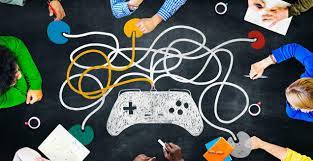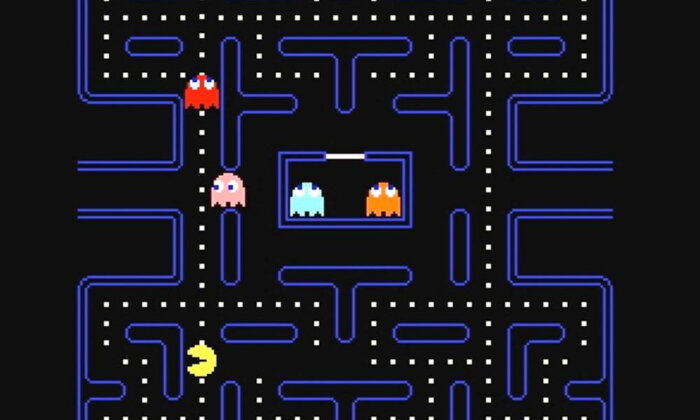Video Games as a Form of Education
A response to Video Games Used as Learning Tools in Schools.

As a child, I remember being told that video games would rot my brain out. I’m sure every child who played video games can recall a similar saying or sentiment from their parents as well. Luckily, the children of this newer generation will no longer need to hear their parents talking down on their favorite hobby.
Video games are being integrated into the classroom as a learning tool rather than just for escapism or leisure. Here are a couple ways that video games benefit students and the classroom:
Critical Thinking
- Critical thinking is a common theme in video games. Players are faced with complex problems and situations and must calculate, discover, and test different solutions.
- Games like the Portal series require the player to use critical thinking skills to complete puzzles.
- Difficulty increases by level completion, challenging players at every level.
- Check out this article that explores problem solving skills and cognitive function in relation to video games like Portal.
Socialization & Teamwork
- Multiplayer games offer a community to sharpen your socialization and teamwork skills.
- Keep Talking and Nobody Explodes requires small groups to use their teamwork and socialization skills to articulate and describe the puzzles to their teammates, and those teammates must find the solution without ever physically seeing the puzzle.
- This game challenges the players to come up with clear and concise information in a social setting.
- The puzzle can not be solved alone, so the game requires players to learn and develop teamwork skills. Without quality teamwork skills, the game can get extremely frustrating.
Positive Failure

- When games produce new challenges, the player isn’t normally afraid to fail and try again.
- Video games teach children how to positively view failure. Just became the game is over, doesn’t mean you can’t self correct and start again.
- Players instead learn and develop new strategies to fix mistakes.
- If a game reaches the “game over” point, there’s almost always an inherent interest to try again. This can be driven by the want for success, competition, or just an interest in the game.
Video games produce many skills that help set students up for success. With the heightened need for educational technology, video games are a good way to promote learning and skill building both inside and outside the classroom!
Make sure to follow me on twitter: @samiweikle
Recent Comments